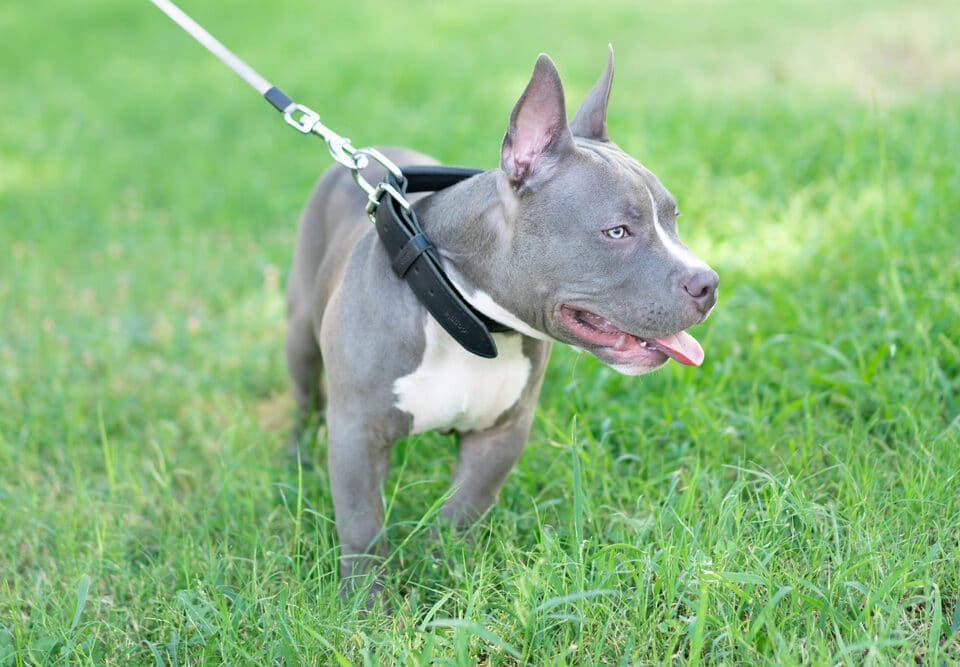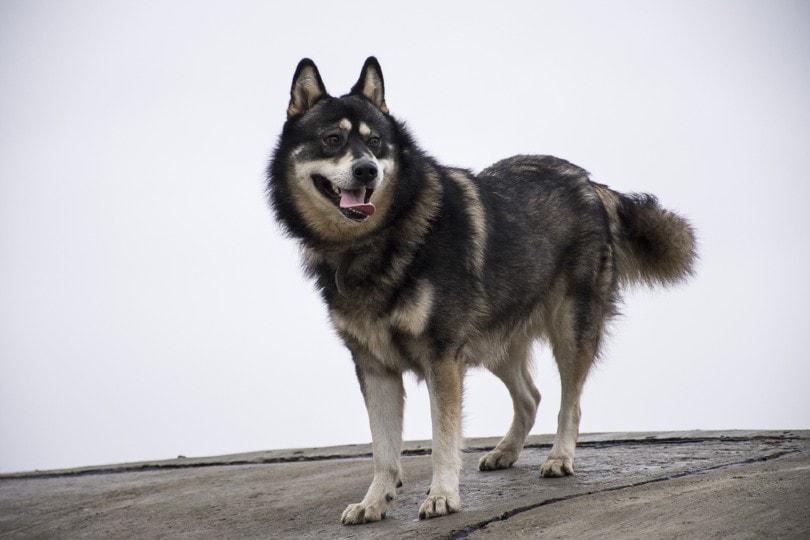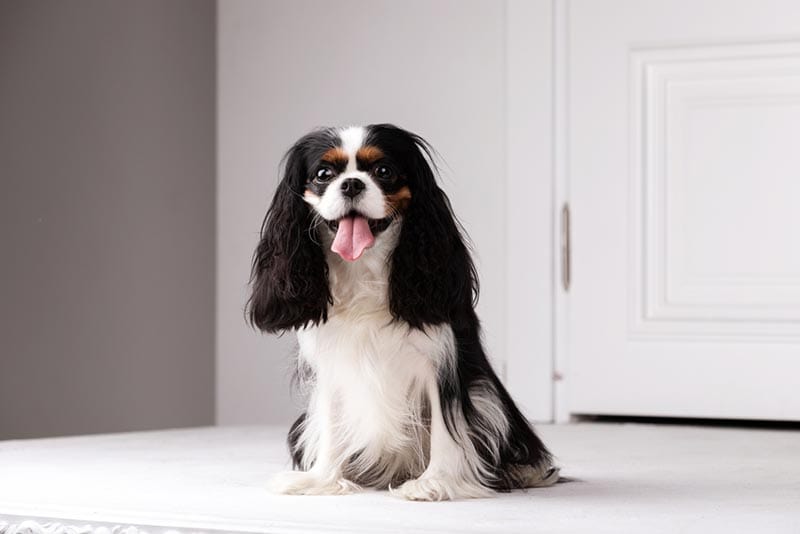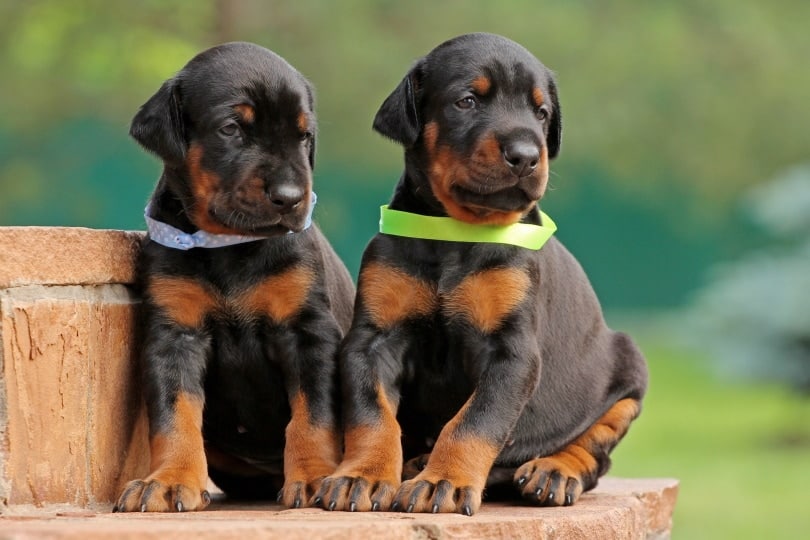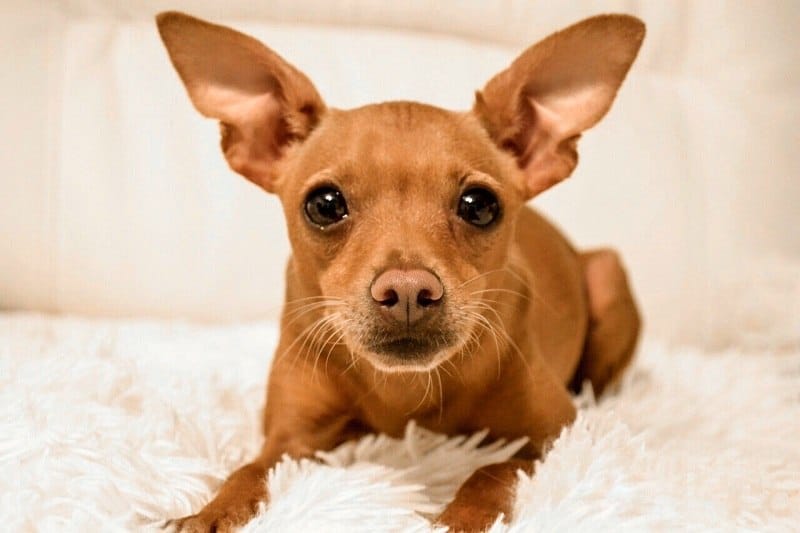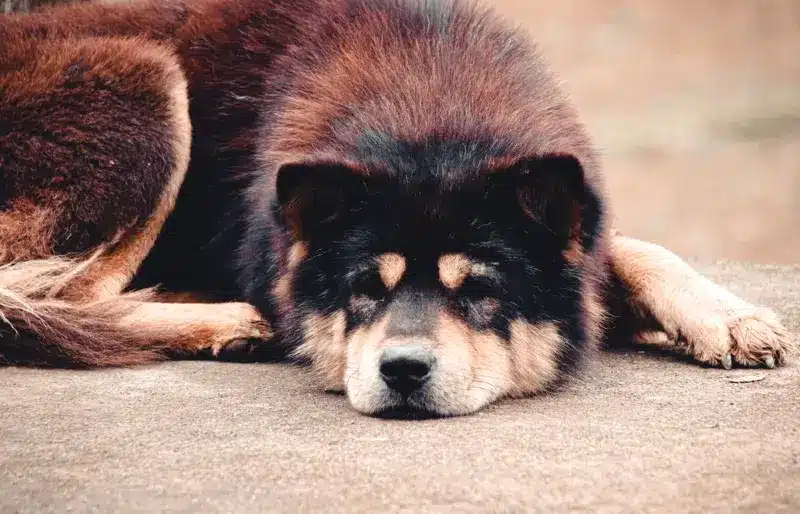Ready to dive into the world of Pocket Pitbulls? These little powerhouses are a mix of American Pit Bull Terriers and Patterdale Terriers. They’re energetic, intelligent, and perfect for active families. Let’s explore their traits, care needs, and why they’re such a unique breed. Here’s what you need to know about these compact dynamos.
- Pocket Pitbulls are a cross between American Pit Bull Terriers and Patterdale Terriers.
- These dogs are small in size but packed with energy and strength.
- They’re friendly and intelligent, making them great companions for active families.
- Proper socialization and training are crucial for these high-energy dogs.
- Despite their size, they have a strong prey drive and may not be suitable for homes with smaller pets.
Pocket Pitbulls combine the best of the American Pit Bull Terrier and Patterdale Terrier. This mix results in a breed that’s energetic, intelligent, and packed with personality. Standing at 12 to 16 inches tall and weighing between 11 to 22 pounds, these dogs are perfect for those who love Pit Bulls but lack the space for a full-sized one.
These dogs are known for their high energy levels and require plenty of mental and physical stimulation. They thrive in active households where they can get at least an hour of hard exercise daily. Whether it’s walking, hiking, or playing fetch, keeping a Pocket Pitbull active is key to their happiness.
Training and socialization are essential for Pocket Pitbulls. They’re eager to please and usually quick learners, but they need consistent, positive reinforcement. Early socialization helps them develop polite behaviors and adapt to different environments and people.
Pocket Pitbulls can be great family pets. They’re generally friendly, protective, and affectionate with their families. Their history as ‘nanny dogs’ showcases their love for children. However, supervision is always advised during interactions with kids, especially younger ones.
While they can get along with other dogs of similar size if well-socialized, their strong prey drive means they might not be suitable for homes with cats or smaller pets. Close supervision is necessary if they are to coexist with smaller animals.
In terms of health, Pocket Pitbulls can inherit conditions from both parent breeds. They may face issues like hip dysplasia, hypothyroidism, and allergies. Regular vet check-ups and a balanced diet are essential for maintaining their health.
Grooming is relatively easy with Pocket Pitbulls, thanks to their short coats. Brushing a few times a week and regular nail trims will keep them looking their best. Be mindful of their skin, as they can be prone to allergies and require occasional baths with medicated shampoos.
Pocket Pitbulls are a bit misleading in name as they don’t actually fit in pockets, but they are compact compared to their larger relatives. Known also as Mini Pitbulls or Teacup Pitbulls, these dogs are gaining popularity for their manageable size and energetic nature, making them a good fit for active individuals or families.
Male Pocket Pitbulls are usually a bit more rambunctious and larger than females. Neutering or spaying can help mellow them out and reduce unwanted behaviors. Overall, this breed needs dedication and effort in training and care but rewards owners with loyalty and love.
Pocket Pitbulls may be small, but they pack a punch with their energy, intelligence, and affectionate nature. They’re best suited for active families prepared to invest time in their care and training.
